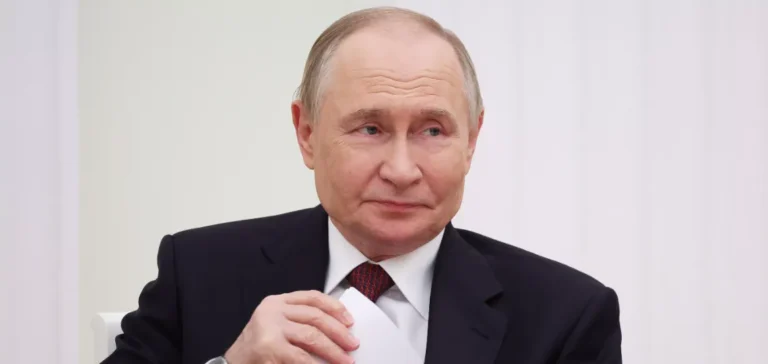Russia is seeking to strengthen its position in the global nuclear sector by proposing alternative financial solutions to support the industry’s expansion. President Vladimir Putin stated that nuclear projects require significant investment and that risks must be better distributed among states, investors and consumers.
A response to growing demand from emerging countries
According to the head of state, the expected increase in nuclear energy demand will be largely driven by countries in the Global South and East, which are developing their industrial and technological potential. Russia, he said, intends to support these ambitions without imposing technical dependence, instead helping to build autonomous national nuclear industries.
Vladimir Putin emphasised the importance of equal access to civil nuclear technologies to ensure balanced global development. He stated that international cooperation in this sector must be based on local skills training, the creation of centres of excellence and the sharing of expertise, in contrast to what he called “technological colonialism”.
Call for mobilisation of development banks
On the financial side, the Russian president highlighted the need to create modern financing models for nuclear power plants. He mentioned the desired involvement of international financial institutions, including the New Development Bank established by the BRICS countries (Brazil, Russia, India, China, South Africa, Egypt, Ethiopia, Iran, Indonesia, Saudi Arabia and the United Arab Emirates), which has expressed its readiness to invest in nuclear projects.
The issue of uranium resources was also addressed. Vladimir Putin announced the launch in Tomsk of the world’s first nuclear energy system with a closed fuel cycle. This process would recycle 95% of spent fuel, reducing both dependence on primary resources and the volume of radioactive waste.
Increase in bilateral agreements on civil nuclear cooperation
On the sidelines of the event, several agreements were signed. Rosatom, the Russian state atomic energy corporation, entered into a partnership with the Beijing Research Institute of Uranium Geology for the exchange of information on radioactive waste management.
An action plan was also signed with the Ethiopian Electric Power Corporation for the construction of a nuclear power plant. The agreement includes the creation of a working group to prepare a feasibility study roadmap.
Training, technical cooperation and modular reactors in focus
In addition, the Rosatom Technical Academy and Yangon Technological University in Myanmar signed a memorandum of cooperation to develop joint educational programmes and strengthen applied nuclear research.
Other agreements include a Russian-Belarusian collaboration on the nuclear fuel cycle and cooperation between Russia and Iran on the development of small modular reactors. Kyrgyzstan has also begun preliminary discussions with Rosatom to identify a potential site for a nuclear power plant.
The Director General of the International Atomic Energy Agency (IAEA), Rafael Mariano Grossi, also attended the meeting. He proposed formalising an agreement between the IAEA and the New Development Bank to finance civil nuclear projects, following the model of the existing partnership with the World Bank.






















